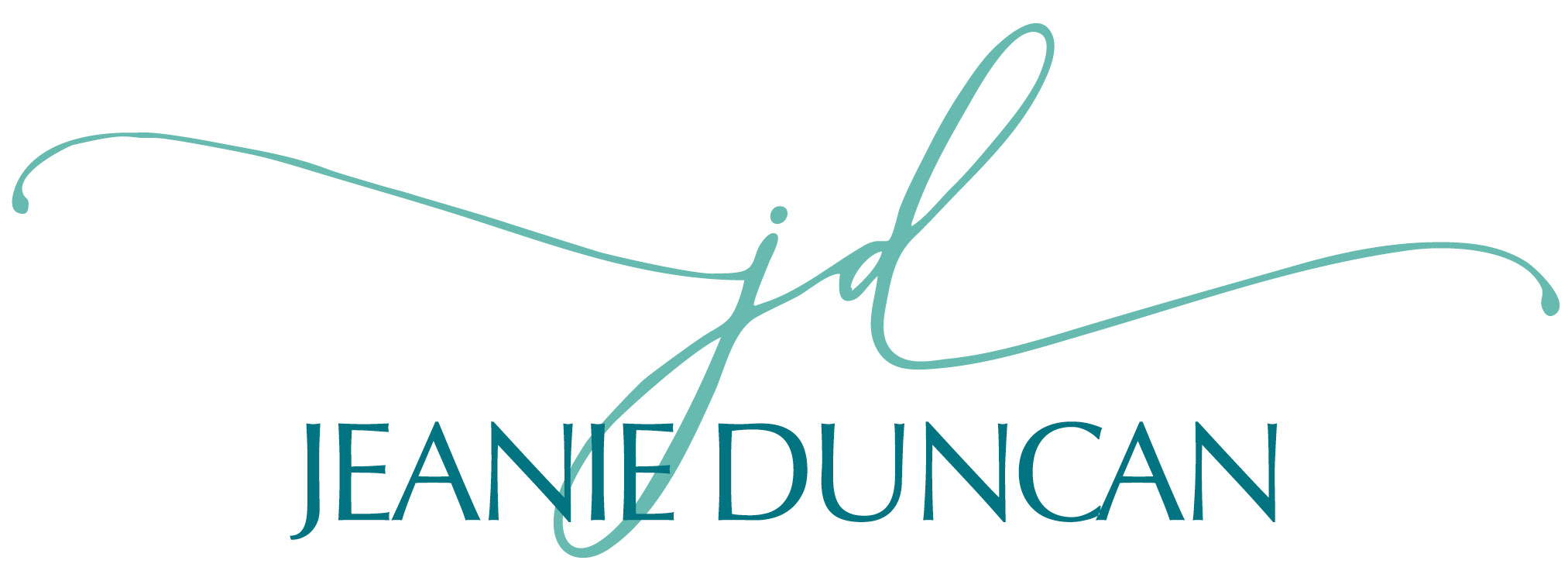
Self-Awareness: An Often-Overlooked Leadership Competency

Leaders often fall into the trap of thinking that working harder will get them ahead—and into that next leadership role. Hard work will only take you so far, though. The strongest leaders are self-aware and know how to use their strengths strategically in a way that is both to their own advantage and benefits their organization and its people.
As I wrote about in The Brand of You, you’re constantly making impressions on others, from what you say or do to how you react and interact. And every impression you make can be an asset or a liability as you engage in the tasks and roles of leadership.
It’s essential that you become a self-aware leader so that you can make the most of the opportunities you have to influence others. Self-awareness is a vital, yet often-overlooked quality among other, more prominent assets like vision, strategic thinking, and influence. You never want to be the last one to know about a weakness or a missed opportunity to leverage your strengths. In fact, self-awareness can be the deciding factor in your success as a leader.
So, what do I mean by being self-aware?
- Being aware of your own strengths and weaknesses. When you know your assets (strengths) you can bring them to bear appropriately; when you have a clear view of your weaknesses and/or behaviors that create tension or divide, you can mitigate the negative impact or derailment.
- Having an ability to read others – being able to assess their styles and preferences, as well as their strengths and weaknesses. This isn’t about manipulating other people, but rather about paying attention and tuning in to those around you. Knowing others’ styles and preferences helps not only when it comes to influencing others, but also when it comes to putting together a high-performing team. Success depends on your ability to recognize strengths as well as potential deficits so that you can best align your talent with the right roles and responsibilities. (This skill is also helpful in hiring people with complementary abilities and leveraging the collective strengths of the team.)
- Paying attention to your behaviors and the effects of what you say or do on others. Do you attempt to motivate and inspire people to achieve their goals? Do you try to advocate for your ideas because you’re convinced they’re right? Do you attempt to negotiate a bridge between competing opinions? We all have our own natural preferences and styles of influencing others, managing conflict and communicating. One thing to keep in mind is how the same behavior might have different impact on different people. It’s a good idea to check in regularly and seek feedback from those with whom you work.
Here are a few good tips for increasing your self-awareness and developing yourself into a more effective leader:
- Pay attention. Notice your behavior and the impact it has on others.
- Complete instruments that reveal your personality type and natural preferences (for example, the MBTI and 360 assessments). Work with an individual certified in interpreting those results who can help you draw connections and lift out insights along with recommending developmental tools.
- Find an executive leadership program or experiential learning program that has a strong coaching component emphasizing your personal style.
- The next time you lead a project or team meeting, ask a colleague to observe a particular behavior or two on which you’d like feedback. Afterward, seek his or her thoughts on the situation, your observable behavior, and the impact it had on them, others, or the task at hand.
Here’s a word of caution: Being (or becoming) self-aware isn’t the whole story. I’ve found that the most effective, most fulfilled leaders are committed to leveraging their strengths and mitigating their weaknesses. Even more? They check their egos and acknowledge that it takes a team of individuals with diverse and complementary strengths and talents to collaborate and achieve goals.
There’s a great quote in a Harvard Business Review article by Anthony K. Tjan, co-author of the book Heart, Smarts, Guts, and Luck: “The trinity of self-awareness is to know thyself, improve thyself, and complement thyself.”
It takes an array of competencies to lead people and organizations—from the abilities to communicate well and delegate effectively to a great capacity for turning strategic thinking into tactics that get the desired results. I encourage you to continue developing yourself in those areas, but remember: Self-awareness is the key to your success as a leader. Understanding your own abilities and natural tendencies is the first step in being able to harness the talents and skills of others.
See my other related blog posts:
 About Jeanie Duncan: Jeanie is President of Raven Consulting Group, a business she founded that focuses on organizational change and leadership development in the nonprofit sector. She is a senior consultant for Raffa, a national firm working with nonprofit clients to lead efforts in sustainability and succession planning, executive transition and search. Additionally, Jeanie serves as adjunct faculty for the Center for Creative Leadership, a top-ranked, global provider of executive leadership education.
About Jeanie Duncan: Jeanie is President of Raven Consulting Group, a business she founded that focuses on organizational change and leadership development in the nonprofit sector. She is a senior consultant for Raffa, a national firm working with nonprofit clients to lead efforts in sustainability and succession planning, executive transition and search. Additionally, Jeanie serves as adjunct faculty for the Center for Creative Leadership, a top-ranked, global provider of executive leadership education.

Recent Comments